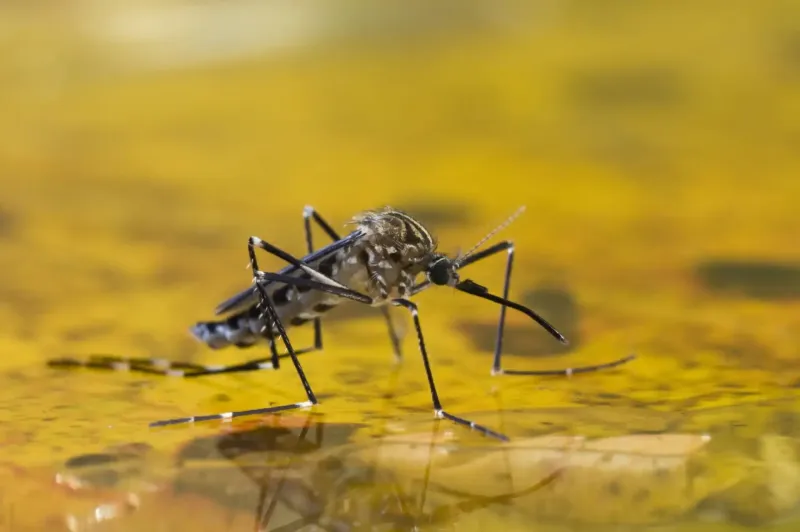
Introduction: Explaining the Link Between Malaria and Climate Change
Malaria, along with other mosquito-borne and vector-borne diseases, are closely linked to climate change and global warming. As temperatures rise and rainfall patterns shift, mosquitoes thrive in new areas and their populations increase. This leads to a higher risk of disease transmission to humans. Understanding the connection between these environmental changes and disease outbreaks is crucial for effective prevention and control strategies.
How Climate Change is Increasing Malaria Transmission Rates
Malaria transmission is dependent on various factors such as vector habitats, temperature changes, rainfall patterns, and climate variability. The presence of suitable vector habitats plays a crucial role in sustaining the transmission cycle of malaria. Changes in temperature can impact the development and lifespan of mosquitoes, which are the primary vectors for transmitting the disease. Similarly, alterations in rainfall patterns can create favorable conditions for mosquito breeding and survival. Climate variability also influences the geographical distribution and intensity of malaria transmission, making it essential to monitor these factors for effective prevention and control strategies.
Read more >> Delicious and Energizing Sparkling Water Drink with Caffeine
The Effect of Rising Temperatures on Mosquito Populations and Malaria Incidence
Mosquito breeding sites are locations where mosquitoes lay their eggs and the larvae develop into adults. These sites can include stagnant water sources such as puddles, ponds, and containers with standing water. Understanding the mosquito lifecycle is essential for effective mosquito control. Mosquitoes go through four stages: egg, larva, pupa, and adult.
By targeting specific stages in their lifecycle, it is possible to disrupt their breeding habits and reduce their population. Warmer temperatures have been linked to the spread of malaria. As temperatures rise, mosquitoes thrive in larger geographic areas where they can transmit the disease. This connection between temperature and malaria transmission highlights the importance of addressing climate change in efforts to combat malaria. Malaria hotspots are regions where malaria transmission is particularly high. These areas often have favorable environmental conditions for both mosquitoes and parasites that cause malaria to thrive. Identifying these hotspots allows for targeted interventions such as insecticide-treated bed nets or indoor residual spraying to prevent or control the spread of malaria in these specific areas.
Changing Rainfall Patterns and their Influence on Malaria Transmission
The patterns of rainfall can contribute to the formation of stagnant water, which in turn provides breeding sites for mosquitoes. As a result, the mosquito population tends to grow at an accelerated rate.
Climate Change Induced Migration as a Factor in Expanding Malaria Risk Areas
As a result of the impacts of climate change on malaria transmission areas, human migration is occurring. This phenomenon exposes displaced populations to an increased risk of contracting malaria infections.
The Implications of Climate Change for Malaria Control Strategies and Public Health Efforts
In the face of a changing climate, the implementation of malaria prevention measures poses new challenges in various regions. Factors like temperature and rainfall patterns can affect mosquito populations and the spread of the disease. This necessitates adapting control strategies to address these shifting conditions. Additionally, different regions may have unique obstacles to overcome in terms of healthcare infrastructure, resources, and cultural practices that influence prevention efforts. Understanding these challenges is crucial for effectively controlling malaria and safeguarding public health.








Showing 0 verified guest comments